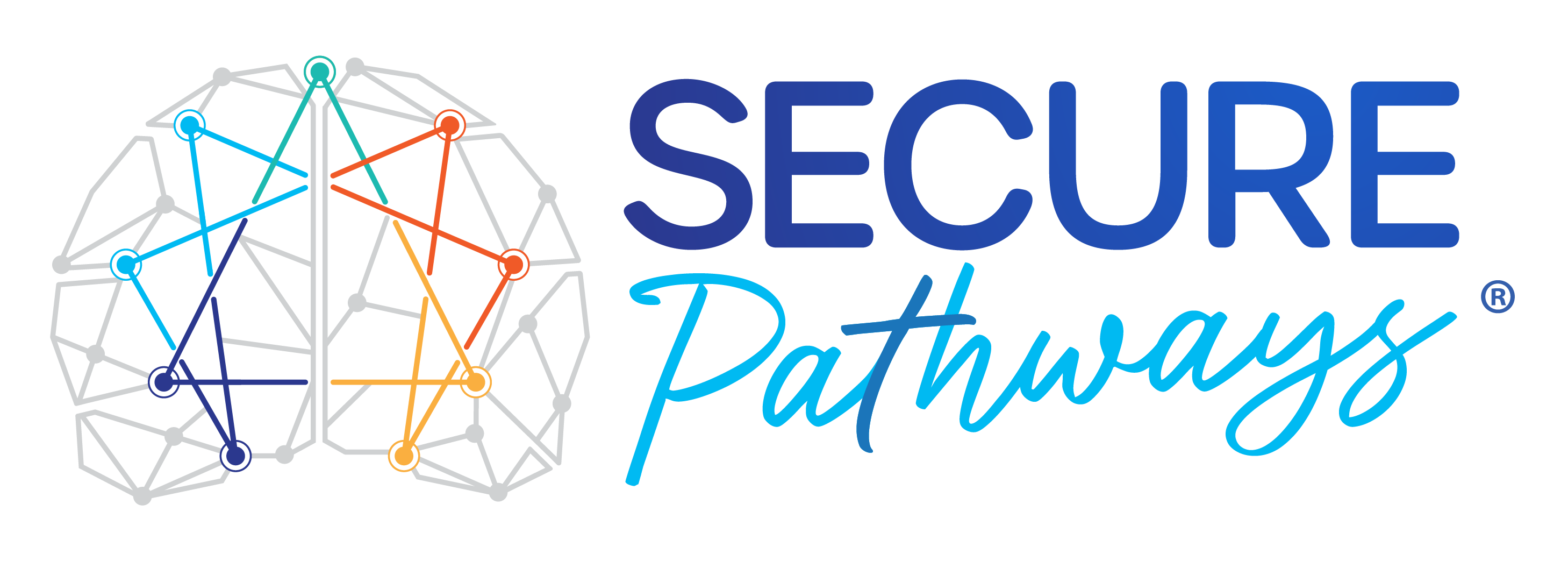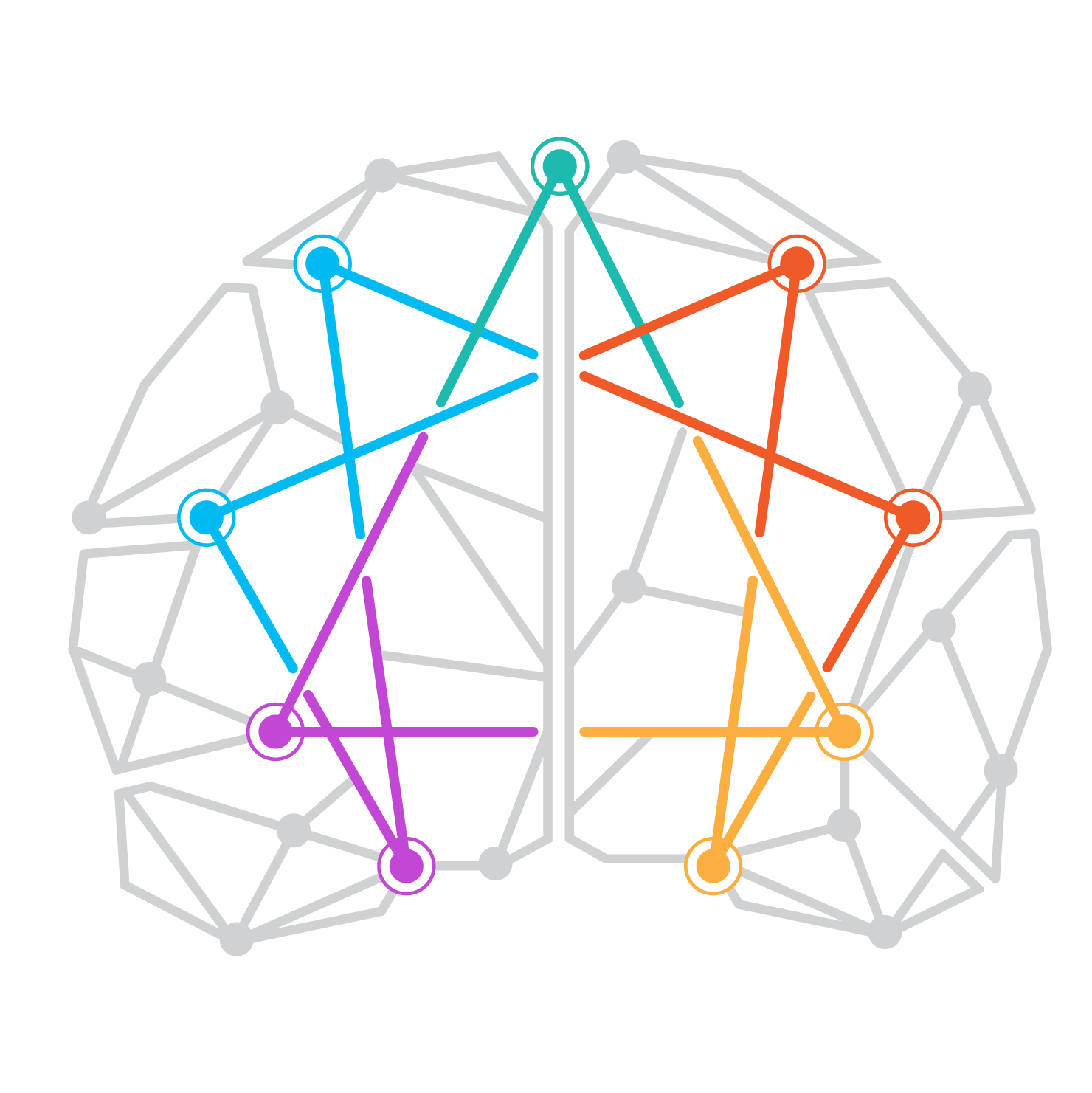Because even the holiest parents have blind spots—and God is not done with us yet.
We’re continuing our Parenting Patterns series—where we look at how our personality, attachment history, and lived experiences shape the way we show up with our kids. In this series, we’re specifically using the Enneagram to help uncover default patterns that may be running on autopilot due to our personality wiring. The more we understand ourselves, the more intentionally we can love and lead our children.
In this next mini-series, we’re turning to a powerful layer of the Enneagram called the Centers of Intelligence. Each of us has a dominant “center” that influences how we respond to the world and how we make decisions—whether through the gut, heart, or head. These centers help us take in and process experiences, and each one has strengths and struggles that can shape how we parent.
We’ll begin with a general introduction to the Centers and then dive into each one individually, starting with the Gut Center in this post.
What Are The Centers of Intelligence?
The term “Centers of Intelligence” might sound like a reference to IQ or academic performance, but in the Enneagram, it refers to something broader and more holistic. It describes three areas of the human experience—instinct, emotion, and thought—through which we interpret the world and respond to it.
Each Center has its own kind of “intelligence”—a way of knowing, reacting, and discerning. While we all use all three centers, each Enneagram type tends to rely more heavily on one. That dominant center tends to be where our attention goes first.
Psychiatrist and neurobiologist Dan Siegel refers to these as “motivational systems”—patterns of energy that direct and shape what we notice, what we value, and how we act.*
Here’s a quick overview of the three Centers:
Gut Center (Body Types) – Types 8, 9, 1
- Experience life through instinct, action, and the body
- Motivated by a desire for justice, fairness, and autonomy
- Emotional struggle: Anger or frustration (which may be expressed, suppressed, or denied)
- Focus: Control, freedom, physical presence, and action
Heart Center (Feeling Types) – Types 2, 3, 4
- Experience life through emotion and relational connection
- Motivated by a desire for significance, identity, and love
- Emotional struggle: Shame or sadness
- Focus: Connection, image, approval, and authenticity
Head Center (Thinking Types) – Types 5, 6, 7
- Experience life through thought, analysis, and preparation
- Motivated by a desire for security and guidance
- Emotional struggle: Fear or anxiety
- Focus: Planning, preparation, imagination, and certainty

The Gut Center in Parenting
If you’re in the Gut Center (Types 8, 9, or 1), you likely feel the world through your body before you can explain it in words. You may pick up on energy, tension, or movement in a room. You tend to have strong instincts and a desire to respond immediately to what feels “off” or unjust.
In parenting, this can be a beautiful gift. You are often quick to step in and help, lead with courage, or create structure and boundaries that make your children feel safe. You might be naturally decisive when a child is melting down or when a family conflict needs a clear solution. You’re wired to protect what matters—and for you, family likely matters deeply.
You may also be attuned to fairness. You might go out of your way to make sure your kids are treated equally or advocate fiercely if one of them is left out, picked on, or overlooked. You probably carry a strong moral compass and aim to instill your values in your children.
You also likely enjoy engaging physically with your kids—wrestling in the living room, going for hikes, doing chores together. Being active helps you feel connected.
In parenting, this often looks like:
- Standing up for your child if they’re treated unfairly
- Teaching kids to speak up and stand firm in what they believe
- Creating clear household expectations and routines
- Helping children become confident and independent
- Enjoying hands-on activities, sports, or outdoor play with your kids
- Maintaining consistency, fairness, and follow-through
Your children probably know what to expect from you—and that can give them a deep sense of safety and strength.
Where This Center Might Create Challenges
Of course, every strength can have a shadow side. For Gut Center parents, your passion for justice and action can sometimes become a push for control. You may struggle when things feel chaotic or when your children don’t follow the rules. That frustration can quickly turn into anger, even if you don’t intend it to.
You might catch yourself saying:
- “Do what I say.”
- “It doesn’t matter how you feel, just get it done.”
- “Because I said so.”
These phrases often come from a good place—you want to raise responsible, respectful kids. But when children feel barked at rather than guided, they may shut down or resist. Kids need firm boundaries, yes—but they also need connection, emotional safety, and room to grow at their own pace.
Also, because you often feel truth in your gut, you may act before checking in with your head or heart. That can lead to misreading a situation or missing a child’s deeper need beneath the behavior. And if you were raised to suppress emotions or power through discomfort, you might unknowingly pass that message on to your kids.
Gut Center parents often carry silent physical tension—tight jaws, clenched fists, a sense of urgency in the body. If this goes unchecked, it can create an atmosphere of intensity in the home, even if your intentions are good.
What Might God Be Inviting You Into?
One of the gifts of the Gut Center is your ability to act—to step in, take charge, protect, and provide. You reflect God’s strength and sense of justice. But the same body that pushes you forward might also be the place God gently invites you to pause.
Stillness is often the spiritual practice most needed (and most challenging) for Gut Types. God may be inviting you to slow down, to breathe before reacting, to listen for His voice before charging ahead.
“Be still and know that I am God.” — Psalm 46:10
He may also be inviting you to let go of the need to control every outcome, and instead model what it looks like to trust. You don’t have to carry it all. God wants to be in charge and invites you to partner with Him.
For Reflection
Here are a few questions to consider this week:
- When do I feel the need to take control in my parenting? What’s underneath that?
- How does anger (mine or my child’s) impact my ability to connect?
- Do I listen to my gut without checking in with my heart or head?
- In what ways can I create space for softness and emotion, not just strength and action?
- What does stillness feel like in my body? What happens when I practice it, even for a few minutes?
Encouragement for Gut Type Parents
You bring courage, conviction, and clarity into your parenting. You’re not afraid to act, to protect, or to stand for what matters. That’s a gift your children will carry with them.
Even on the hard days—when anger rises or things feel out of your control—remember: your presence is powerful. Your instincts are a strength. And your parenting journey is one God is walking with you, step by step, breath by breath.
Keep showing up. Keep listening. Keep growing. You don’t have to be perfect—you just have to stay present.
👉 Want this type of content sent directly to your inbox? Add me to your newsletter here!
If you are interested in exploring how your Enneagram type is impacting your parenting, schedule a free connection call with me. Grab a free 15-minute coaching call by clicking the button below.
*Dan Siegel and the PDP Group. (2024). Personality and Wholeness in Therapy: Integrating 9 Patterns of Developmental Pathways in Clinical Practice. Norton: New York.



